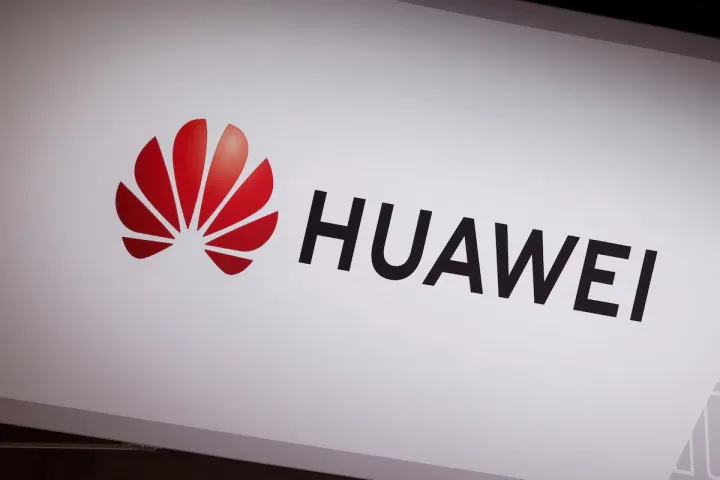Since smartphones arrived nearly two decades ago, the market has primarily been split between Apple’s iOS and Google’s Android. That’s about to change, however, as one of the world’s largest smartphone companies has decided to go another way.
According to Bloomberg, Huawei plans to ditch Android on its devices beginning next year. In its place will be HarmonyOS Next, an in-house platform considered a significant upgrade to the company’s HarmonyOS operating system. The new OS is based on the open-source OpenHarmony project.
The first Huawei device to be released without Android is the company’s latest flagship, the Huawei Mate 70, which recently launched after a slight delay.
The Android-free announcement was made during a livestream event earlier this week. Huawei hopes the new Chinese-based OS will help it improve its position in the country’s premium smartphone market.

As mentioned in October, HarmonyOS Next will initially launch in China but will eventually be available in other markets. While it shares similarities with the original HarmonyOS, HarmonyOS Next features a flatter, refreshed lock screen and offers new customization options. There’s also a redesigned control center and improved animations for a smoother experience.
HarmonyOS, which launched in 2019, was originally partially based on Android. The new Next version is the first one developed in-house by Huawei and is not tied to Android. It’s the first OS from Huawei not created using U.S. technology.
The new Mate 70 series comprises four smartphones: the Huawei Mate 70, Huawei Mate 70 Pro, Huawei Mate 70 Pro+, and Huawei Mate 70 RS Porsche Design. These devices will initially ship with an older version of HarmonyOS but are expected to receive an update to the HarmonyOS Next version sometime next year.
While not officially confirmed, the Mate 70 series will likely be powered by the rumored Kirin 9100 chipset.
Huawei’s decision to move away from Android is significant, especially considering the size of the Chinese smartphone market. However, with sales of Huawei products heavily restricted in countries such as the U.S., Australia, and the U.K., the impact of this decision in other regions is still uncertain.
Are you in the market for a new phone? Check out our recommendations for the best smartphones in 2024, including our Android favorites.


